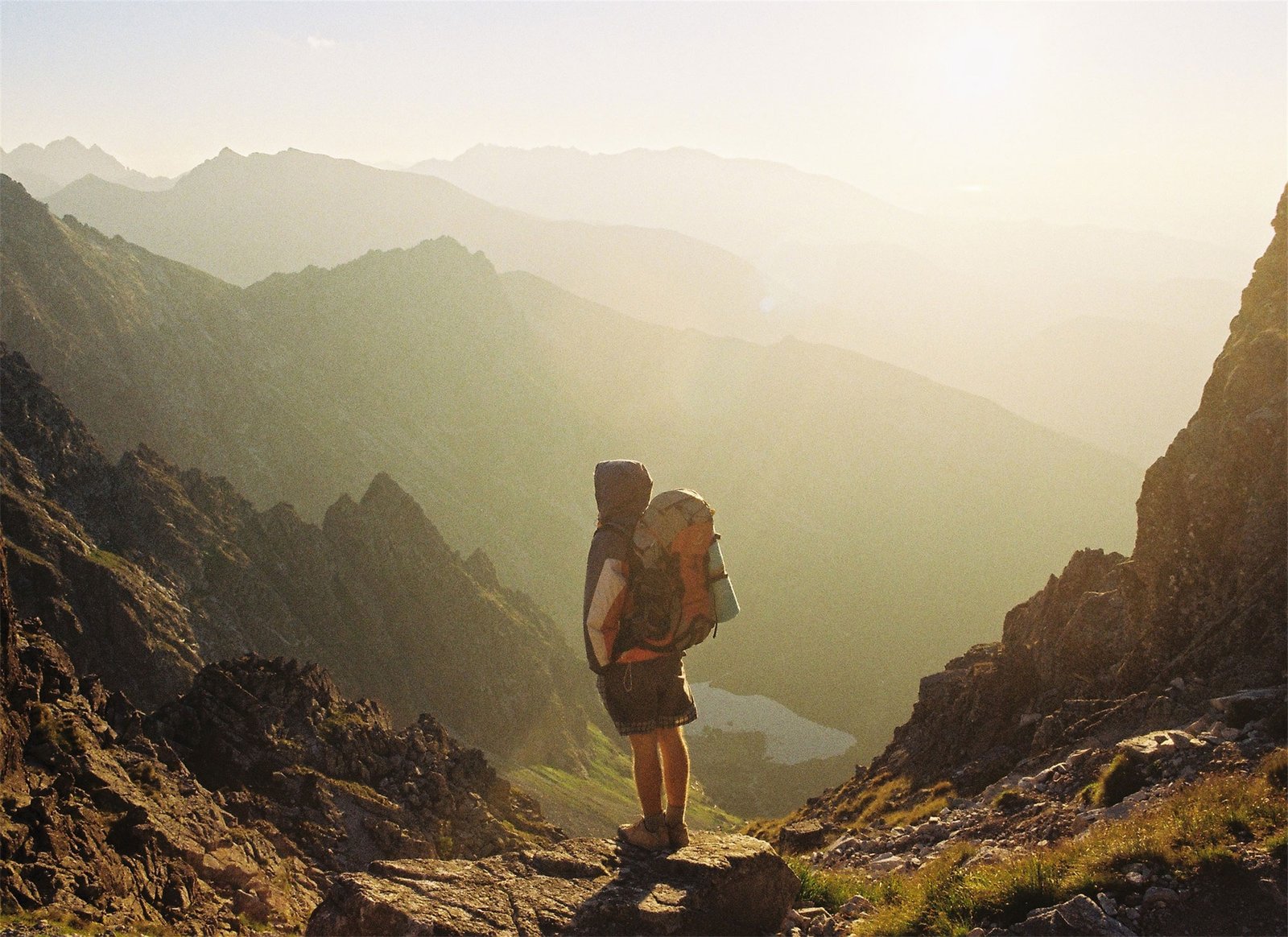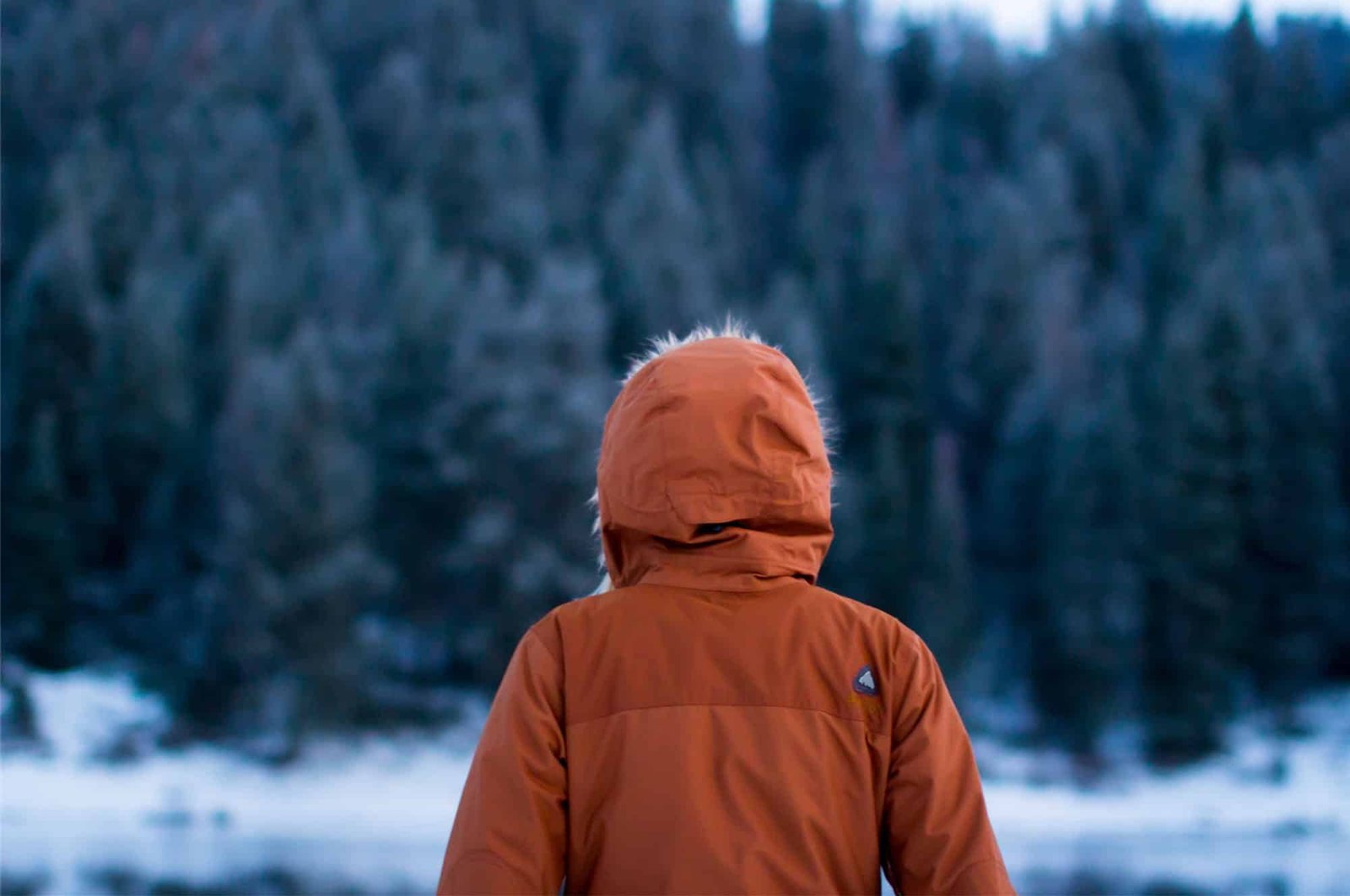I've had my share of close calls while hunting, but it's the horror stories of fellow hunters that drive home the importance of safety protocols and responsible hunting practices. I've learned that gun safety, situational awareness, and a responsible hunter mindset are essential in avoiding accidents and ensuring a successful hunt. By prioritizing safety, I can focus on the thrill of the hunt. I've come to realize that preparation, attention to detail, and a proactive approach mitigate potential hazards. Now, I'm keen to explore further, and I'm sure there's more to uncover about staying safe in the field and making informed decisions.
Key Takeaways
- Adhering to basic gun safety principles, such as keeping fingers off the trigger, prevents accidents and injuries.
- A responsible hunter mindset is crucial in avoiding accidents and ensuring a safe and enjoyable hunt.
- Implementing the buddy system ensures someone has your back in case of an emergency, providing an extra layer of safety.
- Mental preparation and situational awareness are key in identifying potential hazards and avoiding deadly mistakes.
- Prioritizing safety allows hunters to focus on the thrill of the hunt, reducing the risk of accidents and injuries.
Hunting Safety Essentials
As I prepare to head out on a hunt, I make it a point to review the fundamental principles of hunting safety, knowing that a single mistake can have devastating consequences. I remind myself of the essential Gun Safety Tips: keep the safety on until sure of the target, keep fingers off the trigger until ready to shoot, and be aware of my surroundings. A responsible Hunter Mindset is vital in avoiding accidents and injuries. I understand that hunting safely is essential, not just for myself, but for others around me and the animals I pursue. By following these basic principles, I can minimize the risk of accidents and guarantee a successful, enjoyable hunt.
Avoiding Deadly Mistakes
When I'm in the midst of a hunt, I know that one misstep can have disastrous consequences, which is why I prioritize avoiding deadly mistakes that can put myself and others at risk. To do this, I focus on mental preparation, cultivating a hunter mindset that's calm, patient, and calculated. I also maintain situational awareness, constantly scanning my surroundings to verify I'm aware of potential hazards and other hunters in the area. Hunting partnerships are vital, too, as they provide an extra set of eyes and a sounding board for decision-making. By combining these strategies, I minimize the risk of deadly mistakes and guarantee a safe, successful hunt. By prioritizing safety, I can focus on what matters most – the thrill of the hunt.
Big Game Hunting Considerations
My personal experience with big game hunting has taught me that rifle caliber and cartridge selection are fundamental aspects of a successful and responsible hunt. As a hunter, I've learned that grasping Game Management and Hunting Culture is pivotal in making informed decisions. It's imperative to weigh factors like the animal's size, range, and terrain when choosing the right rifle and cartridge. This knowledge helps guarantee a clean and humane harvest.
- Understanding big game licensing systems is necessary for hunters.
- Big game tags are allocated to hunters according to the rules of supply and demand.
- The best rifle caliber for big game hunting is a debated topic.
- Hunters must ponder the animal's size, range, and terrain when choosing a rifle and cartridge.
- Game Management and Hunting Culture play a significant role in responsible hunting practices.
Ethical Shooting Strategies
While selecting the right rifle and cartridge is vital, it's equally important to develop ethical shooting strategies that guarantee a quick and humane harvest. As a hunter, I prioritize shot placement to secure a fatal hit, avoiding wounding animals. I'm aware of my surroundings, knowing what lies beyond my target. Game awareness is key; I take the time to assess the animal's behavior, posture, and distance before taking the shot. A well-placed shot requires patience, focus, and knowledge of the animal's anatomy. I avoid risky shots, opting for a clean, swift harvest instead. By adopting these ethical strategies, I guarantee a responsible and respectful hunt, minimizing the risk of accidents and injuries.
Caliber Selection and Licensing
I carefully consider the caliber selection for my big game hunt, recognizing that the right rifle and cartridge can make all the difference in a successful and humane harvest. A well-matched rifle and cartridge can guarantee a quick and clean kill, while a mismatch can lead to wounding or lost game. When selecting a rifle, I consider factors such as the game's size, range, and terrain. I also review hunting regulations to guarantee compliance with licensing requirements.
- I research the minimum caliber requirements for the specific game species.
- I consult with experienced hunters and outfitters for recommendations.
- I consider the rifle's accuracy and reliability in various weather conditions.
- I verify I have the necessary licenses and permits for the hunt.
- I practice with my rifle to confirm proficiency and confidence in the field.
Painful Lessons Learned
Hunting mistakes can be painful to relive, but they provide valuable lessons that make a hunter better and safer. Looking back, I've had my share of mistakes that still haunt me. The what-ifs and maybes still linger, causing hunter's remorse. Those moments of anxiety and doubt creep in when I think about what could've gone wrong. One particular incident still gives me hunting anxiety – a rushed shot that could've resulted in a wounded animal. Thankfully, it didn't, but it was a painful lesson learned. Since then, I've become more patient and calculated in my approach. I've learned to take a step back, breathe, and reassess the situation before taking a shot. Those painful lessons have made me a better, safer hunter. I've come to realize that it's okay to make mistakes, as long as I learn from them.
Making Better Decisions
Making better decisions in the field requires a combination of experience, knowledge, and self-awareness, allowing hunters to overcome the impulses that can lead to mistakes. As a hunter, I've learned that making informed decisions is vital in securing a safe and successful hunt. This means being aware of my surroundings, understanding the behavior of the wildlife I'm pursuing, and adhering to traditional hunting practices that prioritize conservation.
- Understanding the importance of wildlife conservation and its impact on hunting traditions
- Recognizing the risks associated with impulsive decisions in the field
- Developing a pre-hunt routine to guarantee a clear and focused mindset
- Establishing a system of checks and balances to prevent mistakes
- Continuously seeking knowledge and guidance from experienced hunters and conservation experts
Hunting Experience Matters
Experience has a profound impact on a hunter's ability to navigate complex scenarios, make informed decisions, and adapt to unexpected outcomes. As I reflect on my own hunting experiences, I realize that my skills in Game Planning, Hunter Psychology, and Wilderness Survival have substantially improved over time. My Hunt Mentality has shifted from impulsive to calculated, allowing me to make better decisions in the field. Effective Field Leadership and Outdoor Skills have become second nature, enabling me to stay focused and composed under pressure. With each hunt, I've learned to anticipate and prepare for the unexpected, refining my skills and building confidence. Through experience, I've come to understand the importance of patience, adaptability, and situational awareness – essential qualities for a responsible and successful hunter.
Preparation Is Key
Thorough planning and preparation are essential to a successful and safe hunting trip, and I've learned that the time invested in preparing for a hunt is directly proportional to the probability of a positive outcome. As a hunter, I've come to realize that preparation is key to avoiding horror stories.
- Developing Field Tactics, such as scouting and mapping out the terrain, helps me anticipate potential hazards and make informed decisions.
- Brushing up on Wilderness Skills, like navigation and first aid, has saved me from precarious situations.
- Conducting thorough equipment checks and maintenance guarantees my gear is reliable.
- Researching local regulations and obtaining necessary permits avoids legal issues.
- Physically conditioning myself for the hunt has prevented exhaustion and injury.
Staying Safe in the Field
In the field, I prioritize situational awareness, constantly scanning my surroundings to anticipate and respond to potential hazards. This field awareness is vital in staying safe while hunting. I also make sure to hunt with a buddy, implementing the buddy system to guarantee someone has my back in case of an emergency. This system allows us to keep an eye on each other and provide assistance if needed. By being mindful of my surroundings and having a trusted partner, I can focus on the hunt while minimizing the risk of accidents. Staying safe in the field requires a combination of preparation, attention to detail, and a proactive approach to mitigating potential hazards.
Responsible Hunting Practices
As I venture into the wilderness, I recognize that responsible hunting practices are essential to preserving the integrity of the hunting community and maintaining a sustainable future for wildlife populations. Wildlife conservation and hunter etiquette are fundamental aspects of responsible hunting.
- Respect for the animal and the environment is paramount.
- Adhering to hunting regulations and bag limits helps maintain a healthy ecosystem.
- Practicing safe and ethical shooting strategies, such as avoiding rushed shots, is essential.
- Hunters must take responsibility for their actions and acknowledge the consequences of their decisions.
- By adopting responsible hunting practices, we can safeguard that our hunting traditions continue for generations to come.
Frequently Asked Questions
What Are the Consequences of Not Following Hunting Safety Protocols?
If I neglect hunting safety protocols, I risk making lethal mistakes, leading to catastrophic consequences, such as accidental shootings, injuries, and fatalities, which can be devastating and irreversible.
Can Hunting Accidents Be Prevented With Proper Training?
I've witnessed a million close calls, but with proper training, hunting accidents can be prevented; mental preparation and guidance from seasoned hunting mentors are key to avoiding devastating mistakes in the field.
How Do I Handle a Hunting Buddy Who Disregards Safety Rules?
When my hunting buddy disregards safety rules, I address the issue directly, explaining the risks of reckless behavior, and if necessary, I take a firm stance, prioritizing safety over peer pressure and group dynamics.
What Are the Most Common Mistakes Rookie Hunters Make in the Field?
As a hunter, I've seen rookie mistakes, particularly lack of preparation and poor mentorship, leading to accidents; it's vital to prioritize thorough planning and guidance to guarantee a safe and successful hunt.
Can Hunting Experience Reduce the Risk of Accidents and Injuries?
As I venture into the wilderness, I know that my hunting experience is my shield against accidents and injuries, honed through skill building and situational awareness, allowing me to navigate the unforgiving terrain with precision and caution.
Conclusion
As I reflect on my hunting journey, I've realized that safety lessons learned the hard way are etched in my memory like scars on a well-worn rifle stock. I've learned that a single misstep can unravel like a snapped thread, leaving a trail of destruction. But from these mistakes, I've distilled valuable lessons that I hope will spare others from the same horrors. By heeding these warnings, hunters can avoid the pitfalls that lurk in every shadow, and instead, return home with tales of triumph, not tragedy.









